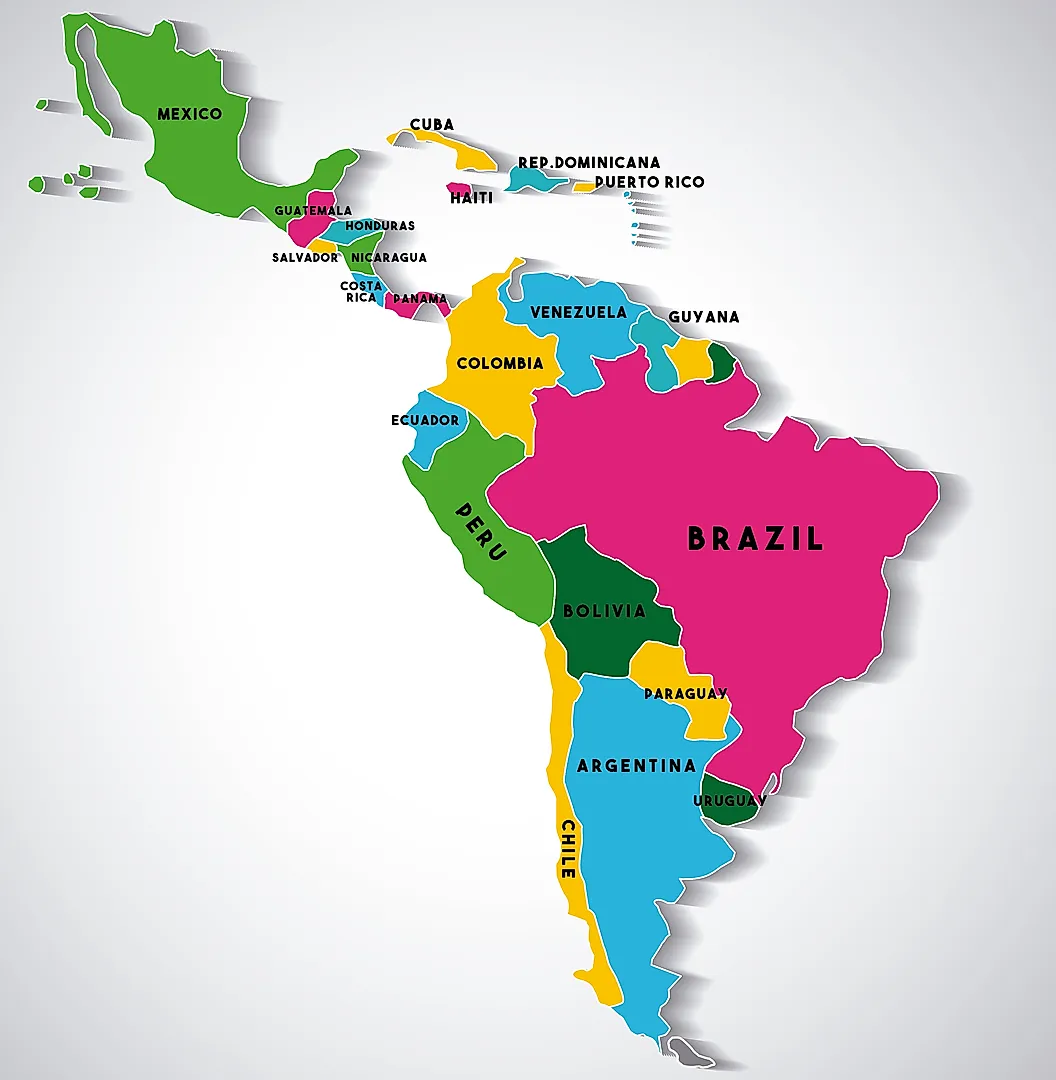Central Bank data released this week indicates that the United States Treasury has sold the pesos it bought ahead of the mid-term elections for a significant profit, Argentine economists have said. If true, it would support the U.S. government’s stance that it is not handing free money to Argentina. However, it has caused alarm in both countries over the political implications of interfering with the value of another country’s currency. Ahead of Argentina’s October 26 elections, the U.S. Treasury bought pesos to quell a run on the currency. Economists asked what the U.S. would do with the pesos, and this week, the Central Bank’s balance sheet indicates that the Treasury already sold them. Analysts calculate that the U.S. sunk well over US$2 billion to prop up the peso, although the figure has not been made public. Argentine and US authorities also confirmed a US$20 billion currency swap last month, as part of a wider package of financial support. When two governments agree on a currency swap, it does not become debt until one side or the other “activates” it. Now, analysts have told the Herald that the U.S. appears to have either sold the pesos or converted them into part of the swap money, thereby activating it. Either option would result in a profit for the U.S. In such operations, it is understood that the U.S. Treasury is not buying cash pesos, but rather short-term government debt. The weekly balance sheet published on Wednesday showed that, by October 31, AR$2.75 trillion of peso-denominated securities had disappeared since the previous week. Analysts believe those were the securities the Central Bank issued when it sold pesos to the U.S. during the currency run. Neither the U.S. Treasury nor Argentina’s Central Bank have provided official information on the matter. Pablo Moldovan, director of C-P consultancy, told the Herald that the balance sheet shows “a series of movements suggesting that the [US Treasury’s] sale of dollars on the market was offset by the Central Bank taking on debt.” Moldovan said the movements are consistent with a two-stage debt operation in which the Argentine Central Bank issued a local-currency debt security to absorb the pesos the US Treasury bought (although no information on the rates or maturity dates of that new security has been published). Then, the U.S. Treasury appears to have either bought another peso instrument from the Central Bank, or switched back to dollars. The first option seems more likely, as the Central Bank’s balance sheet showed that the “Other liabilities” category grew by almost 2.9 trillion pesos in the same week as the peso securities vanished. Moldovan says this could indicate that the currency swap between the U.S. and Argentina was activated. Economist Christian Buteler told the Herald that the U.S. Treasury is likely to have “pocketed a profit” guaranteed by Argentina’s Central Bank. If the U.S. Treasury bought back the dollars it sold in the currency market, he said, that would have strengthened the peso, and the U.S. Treasury would therefore have lost money, because it would have been able to buy fewer dollars with the pesos it had. He believes the new security issued by Argentina probably covered them from that loss. Buteler also criticized the lack of transparency of the operation. “These are all assumptions we make based on various documents presented by the Central Bank, because officially — and for me, that is perhaps the biggest mistake being made — there is no official information,” he said. According to Moldovan, since it is new debt, the operation ahead of the elections made it possible to “conceal” a loss of net reserves. It also allowed Argentina to get around the guidelines of its agreement with the International Monetary Fund, which prevents the sale of dollars below the ceiling of the currency band. He acknowledged that some of this financial data may not have been made public due to Argentina’s “extreme” economic situation at the time, but added that the government should publish the data now, since the “worst of the crisis is over.”“This is sensitive information for understanding the Central Bank’s current financial situation,” he told the Herald.
Argentine economists believe the US Treasury has already sold its pesos
Date:




